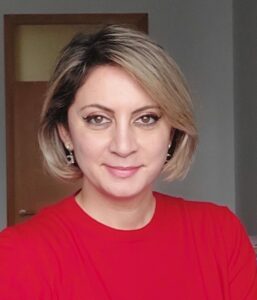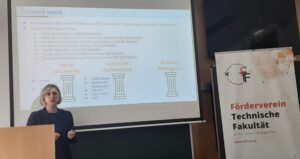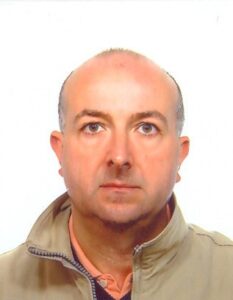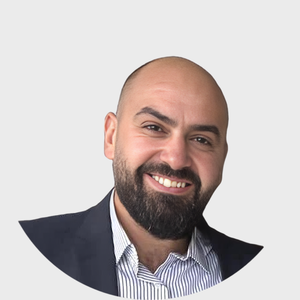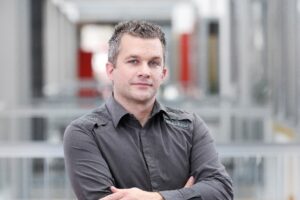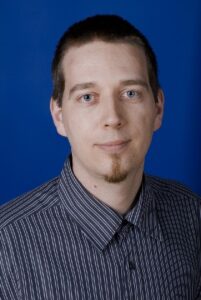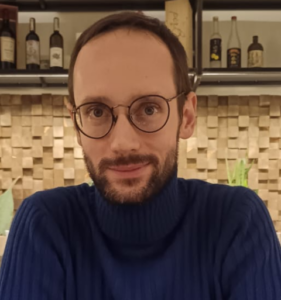Thursday, December 18, 2025 | 10:00 a.m. | Room: S.2.69 | University of Klagenfurt
Dr. Hadi Amirpourazarian | Department of Information Technology
Abstract: Video coding is the beating heart of multimedia communication, and despite decades of innovation, it remains a field full of challenges and opportunities. While much research continues to push codec-level efficiency, this talk shifts the perspective to video streaming: how smart decisions about encoding parameters can dramatically boost real-world delivery performance. We explore how content-adaptive bitrate ladders unlock substantial efficiency gains by tailoring encoding settings to each video’s unique characteristics, and how optimizing bitrate, resolution, and frame rate can balance conflicting goals such as visual quality, delivery cost, and energy consumption. We then dive into how these strategies can be brought to life in live streaming using powerful video-complexity analysis frameworks. Finally, we reveal how real-time quality measurement enables intelligent, responsive streaming systems that elevate video delivery and monitoring to a new level.
 Bio: Hadi Amirpour is working on adaptive video streaming, image/video compression, QoE evaluation, 3D and immersive imaging, and machine-learning-based medical image analysis, with a focus on translating theory into next-generation multimedia systems. He has received multiple distinctions, including Best Paper Awards (PCS 2024, NAB 2025) and Grand Challenge wins at ICIP 2024 and VCIP 2025. He contributes to JPEG Pleno and MPEG standardization on light fields, point clouds, and immersive formats, and has co-chaired Qualinet Task Force 7 since 2021, advancing subjective and objective video quality assessment. He is an Associate Editor for IEEE TCSVT and holds key leadership roles such as TPC Co-Chair of VCIP 2025 and General Co-Chair of QoMEX 2026 and MMSP 2027. He is also active in organizing special sessions, workshops, and tutorials at major venues, including IEEE ICME, IEEE QoMEX, ACM Multimedia, VQEG, EUVIP, and ACM MobiSys.
Bio: Hadi Amirpour is working on adaptive video streaming, image/video compression, QoE evaluation, 3D and immersive imaging, and machine-learning-based medical image analysis, with a focus on translating theory into next-generation multimedia systems. He has received multiple distinctions, including Best Paper Awards (PCS 2024, NAB 2025) and Grand Challenge wins at ICIP 2024 and VCIP 2025. He contributes to JPEG Pleno and MPEG standardization on light fields, point clouds, and immersive formats, and has co-chaired Qualinet Task Force 7 since 2021, advancing subjective and objective video quality assessment. He is an Associate Editor for IEEE TCSVT and holds key leadership roles such as TPC Co-Chair of VCIP 2025 and General Co-Chair of QoMEX 2026 and MMSP 2027. He is also active in organizing special sessions, workshops, and tutorials at major venues, including IEEE ICME, IEEE QoMEX, ACM Multimedia, VQEG, EUVIP, and ACM MobiSys.


 Short CV: I’m a Professor at the University of Kassel, where I head the Distributed Systems group. Before, I was a professor at Brandenburg University of Technology and headed the Computer Networks group. Prior to that, I was at RWTH Aachen University, and before that, I was with Anja Feldmann at TU Berlin / Deutsche Telekom Innovation Laboratories. I was a visiting scholar at the group of Paul Barford at the University of Wisconsin–Madison, USA.
Short CV: I’m a Professor at the University of Kassel, where I head the Distributed Systems group. Before, I was a professor at Brandenburg University of Technology and headed the Computer Networks group. Prior to that, I was at RWTH Aachen University, and before that, I was with Anja Feldmann at TU Berlin / Deutsche Telekom Innovation Laboratories. I was a visiting scholar at the group of Paul Barford at the University of Wisconsin–Madison, USA.